So you’re grocery shopping in the store with your child, and you realize what is coming up on the horizon. The dread you feel sinks deep into your bones for it is the horrible place: the video games section. Naturally, your child knows everything about all the titles on display and proceeds to rattle off information faster than a Tommy gun in an old gangster flick. You politely nod and act like you understand while names such as Madden, Master Chief, and Link are tossed about casually .

Then comes the penultimate moment. The moment you have been hoping to avoid. Your child is holding a game with a sweet and eager face asking, “Can I get this one please? It’s the newest one! All my friends have it!” You glance down to see a colorful box depicting what seems to be several faceless people in armored suits embroiled in a firefight with aliens of some sort. The box is titled Call of the Battefield: Halo of Honor and Uncharted Duty 34. The back of the box holds a white box with the following text: “Fantasy Violence, Animated Blood, and Use of Alcohol and Tobacco.”

You voice your hesitation and tell your child you want to do some research before buying, or maybe you do buy it, despite not knowing exactly what all those things entail. If you’ve ever found yourself in a similar situation or just wanted to know what those descriptors meant in plain, ole English, this is for you! So let’s delve into the world of the ESRB, game ratings, and content descriptors. I’ll make it fun and amusing! I pinky promise!
The Ratings
Game ratings are very similar to movie ratings, with some slight differences. The ratings for games will always be on the front cover, and the back cover will house the descriptors.
If purchasing a title from a digital store, the rating will be on the page, although not all titles on a digital storefront have a rating.
An example from Steam’s store page of Grand Theft Auto 5.
Ratings for games are also stricter than the ratings the MPAA assigns or even ratings assigned to what you see on television programs. So don’t expect any nasty surprises like the parents who though Gremlins was a family friendly Christmas film upon its release with its “PG” rating. So here are the ratings you can expect to see.
 Early Childhood: Works the same a “G” rating. This is as inoffensive and innocent as it gets! Typically for educational games or games aimed at younger children. It’s the gaming equivalent of Finding Nemo.
Early Childhood: Works the same a “G” rating. This is as inoffensive and innocent as it gets! Typically for educational games or games aimed at younger children. It’s the gaming equivalent of Finding Nemo.
What to Expect: Rainbows, friendship, and unicorns.
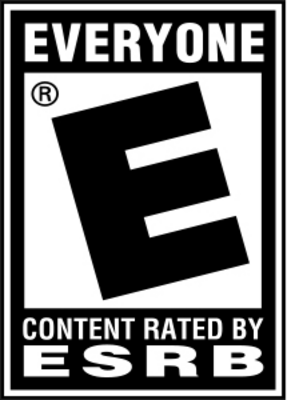 Everyone: Similar to a “PG” rating.While these games are typically suited for all ages, they may have some slight things that push them into slightly questionable territory. Think The Incredibles or the slapstick violence of Tom and Jerry.
Everyone: Similar to a “PG” rating.While these games are typically suited for all ages, they may have some slight things that push them into slightly questionable territory. Think The Incredibles or the slapstick violence of Tom and Jerry.
What to Expect: There may be some mild violent content, usually of the slapstick variety, but nothing realistic or graphic. Occasionally some mild swearing or name-calling such as “crap” but nothing as strong as “damn.”
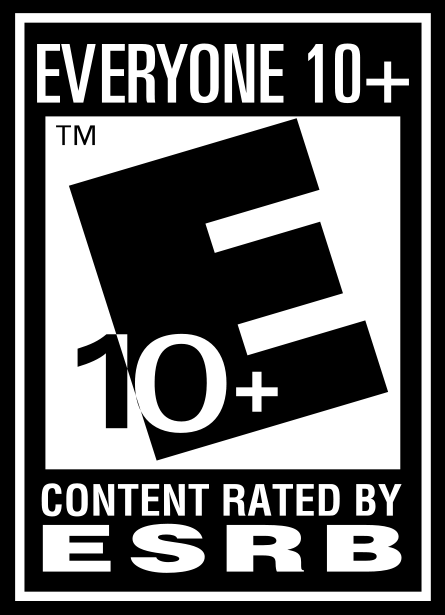 Everyone 10+: Another “PG” rating. This one means the content is more intense than a normal “Everyone” rating. Think Star Wars and Ren and Stimpy (am I dating myself with that?).
Everyone 10+: Another “PG” rating. This one means the content is more intense than a normal “Everyone” rating. Think Star Wars and Ren and Stimpy (am I dating myself with that?).
What to Expect: The violence here will be a bit more intense than a regular “Everyone” game. However, nothing very realistic or graphic.
 Teen: Akin to the “PG-13” rating. This is where you start getting into the territory that is not as kid-friendly and tends to aimed at older audiences. Think The Lord of the Rings and Fast and Furious.
Teen: Akin to the “PG-13” rating. This is where you start getting into the territory that is not as kid-friendly and tends to aimed at older audiences. Think The Lord of the Rings and Fast and Furious.
What to Expect: Violence will be more realistic and typically towards human characters. There will not be graphic gore, but there may be some blood here and there. You can expect language such as “s***”, “ass***”, and “god****.” There may also be scantily clad characters, sexual or potty humor, and some sexual themes.
 Mature: This is the “R” rating of the game world. These games are aimed at older audiences and are generally not kid-friendly. Think Nightmare on Elm Street, Aliens, and 300. Retailers are not allowed to sell this to people under the age of 17. If they do, they can expect severe penalties; so no need to worry about your child waltzing out with something under your nose!
Mature: This is the “R” rating of the game world. These games are aimed at older audiences and are generally not kid-friendly. Think Nightmare on Elm Street, Aliens, and 300. Retailers are not allowed to sell this to people under the age of 17. If they do, they can expect severe penalties; so no need to worry about your child waltzing out with something under your nose!
What to Expect: Violence here will be intense and graphic, usually with blood, gore, and body parts. Language such as “f***” and derivatives of such may be heard. There may be explicit sexual dialogue and humor as well as nudity, depictions of strip clubs, or extremely revealing outfits. Using alcohol or drugs may also be depicted.
 Adults Only: This is the baddest of the bad and the “NC-17” rating of games. This is deliberately aimed at adults and is usually extremely explicit, sometimes with controversial material. Think A Clockwork Orange, Showgirls, and Natural Born Killers.
Adults Only: This is the baddest of the bad and the “NC-17” rating of games. This is deliberately aimed at adults and is usually extremely explicit, sometimes with controversial material. Think A Clockwork Orange, Showgirls, and Natural Born Killers.
What to Expect: Games with this rating have extreme violence and explicit sexual acts depicted. Games with this rating will not be sold in retail as most retailers refuse to carry games with this rating. Any game that also requires players to gamble with real money receives this rating.
A helpful, if crude, NSFW picture that sums up the ratings (regarding sexual content anyway) can be found here.
The Content Descriptors
Now that we have covered the ratings, let’s delve into the content descriptors. Content descriptors are found on the back of a game’s cover or next to the game’s rating on a digital storefront. The descriptors aren’t always very descriptive (irony!) and can be confusing. Hopefully this guide will help clear up any confusion and give you the knowledge to know more about the games your kids play.
Quick heads-up! I will be using some visual aids for the coming section. Nothing explicit or aimed to titillate, but could be cosidered NSFW. Proceed with some caution.
Alcohol Reference: Alcohol will be referenced or may be seen, but will not be consumed by characters in the game.
Animated Blood: Blood will be seen or shed, but it won’t be realistic in its depiction. Usually involves aliens or cartoony blood.
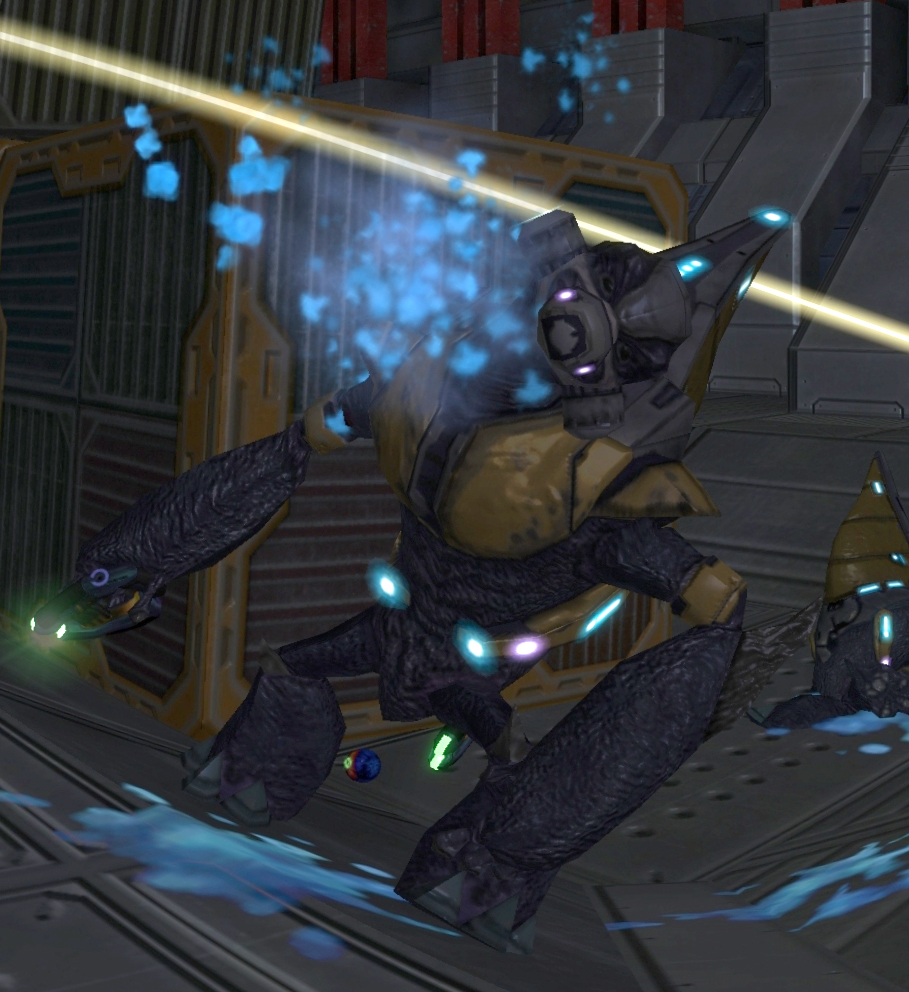
Blood: Blood will be portrayed realistically.
Blood and Gore: Portrayals of realistic blood and the dismemberment or mutilation of body parts.

Cartoon Violence: This is violence that usually falls into the realm of slapstick. The violence usually involves cartoonish characters and exaggerated effects. It’s basically “Tom and Jerry.”
Comic Mischief: The game either shows or has dialogue related to what is essentially playground banter. Not overtly crude or crass, but suggesting as much.
Crude Humor: Essentially potty humor and vulgar jokes, although nothing overtly sexual or explicit.
Drug Reference: Drugs may be seen or mentioned, but no one is depicted as using.
Fantasy Violence: This pertains to violent acts which are easily distinguished from reality, whether it is by the setting or the characters involved.
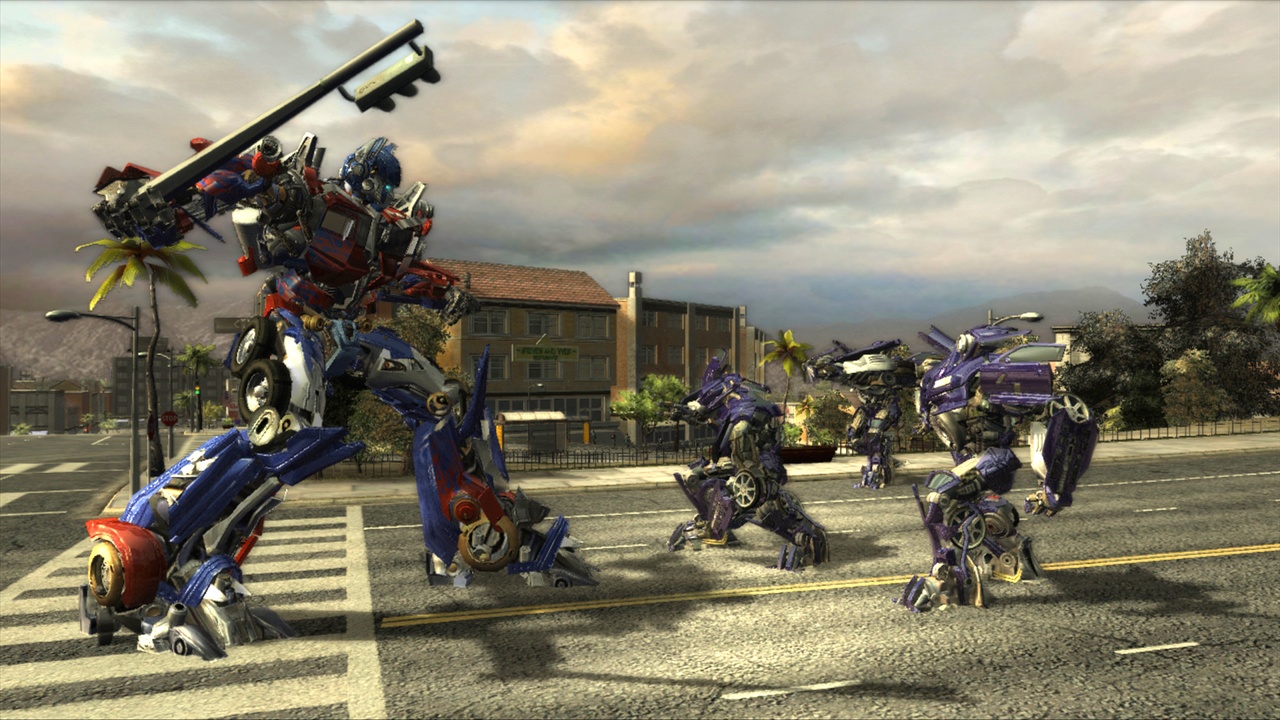
Intense Violence: Violence here will be portrayed as realistic, whether it is by human characters or in realistic settings. This may also include extreme amounts of blood, gore, and representations of injury and death, usually involving humans.

Language: Basically every curse word except “f***” will be uttered. Cursing may be occasional or frequent.
Lyrics: Music in the game refers to violence, sex, drugs, alcohol, or language. Similar to what you hear on basic radio.
Mature Humor: This involves dialogue or humor that is usually sexual or generally aimed at adults.
Nudity: Digital private parts are depicted. May be full-frontal of both male and female or refer to topless women.

Partial Nudity: Characters in this game almost have their naughty bits flinging about, but they are somewhat obscured. Little is left to the imagination but not everything is seen.
![]()
Real Gambling: Using real money instead of fake money for bets. Beware!
Sexual Content: This pertains to depictions of sexual behavior that are not explicit and can include partial nudity.

Sexual Themes: Characters in the game talk about sex and sexuality, or the game otherwise references these topics visually or other means.
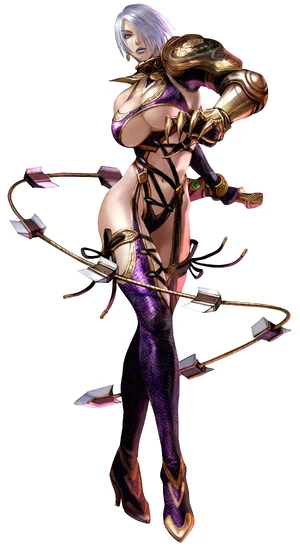
Sexual Violence: Rape or other violent sexual acts are depicted or referenced. This is very rare.
Simulated Gambling: Players can gamble in the game, but use a fake or in-game currency instead of real money.
Strong Language: People in the game drop “f” bombs or some form of the “f” word. May or may not be frequent.
Strong Lyrics: Basically the big, explicit brother of “Lyrics.” References to sex, violence, or drugs and alcohol are explicit or frequent. This can also include harsh language.
Strong Sexual Content: Sexual behavior and acts are depicted explicitly or frequently. Nudity usually, but not always, included.
Suggestive Themes: The game includes references to things which can be considered provocative. Usually involves outlandish female costumes or mild sexual references.
![]()
Tobacco Reference: Tobacco is seen or heard but never used.
Use of Alcohol: Characters drink.
Use of Drugs: Characters use drugs.
Use of Tobacco: Characters use tobacco.
Violence: The little brother of “Intense Violence.” While there is violence, it is usually not intense or graphic and little blood is shed. Typically in fighting games or games where people are shot with little bodily damage shown.

Violent References: Violent acts are referenced by dialogue or some other means.
There you have it! The ratings and descriptors are broken down into something I hope is a little easier to understand. I also recommend this great article from Keezy Young that goes a bit into discussing the context of content in games, which is something the ratings do not account for.
If you have any questions, feel free to ask in the comments below!





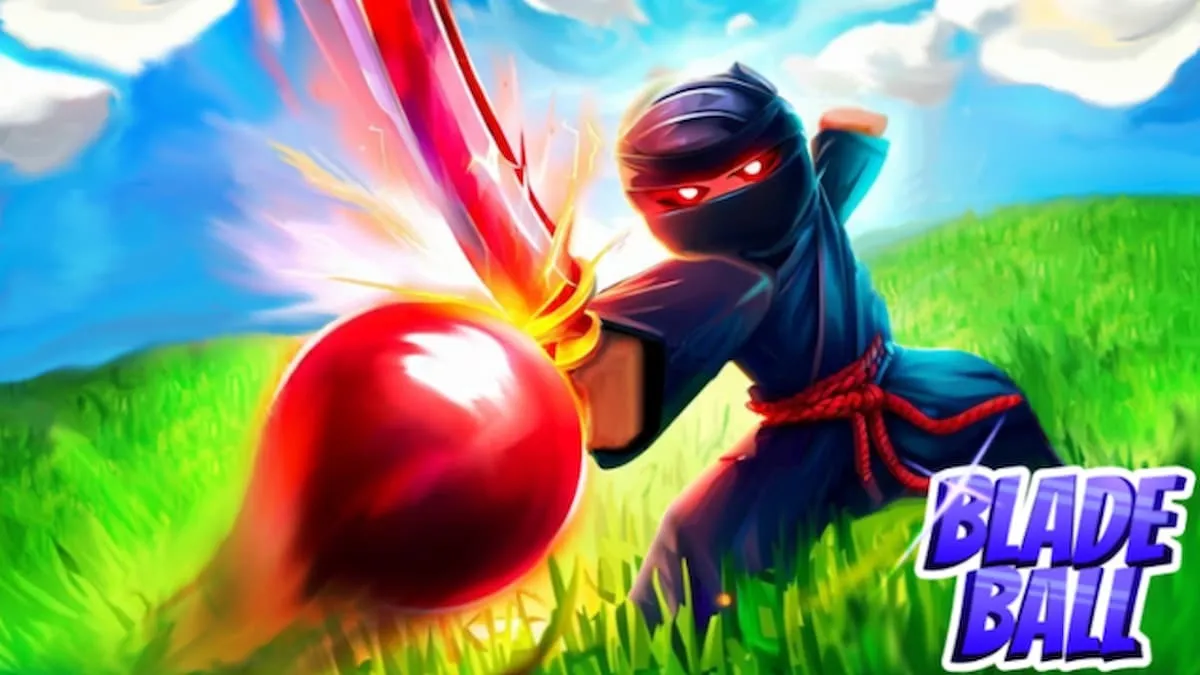
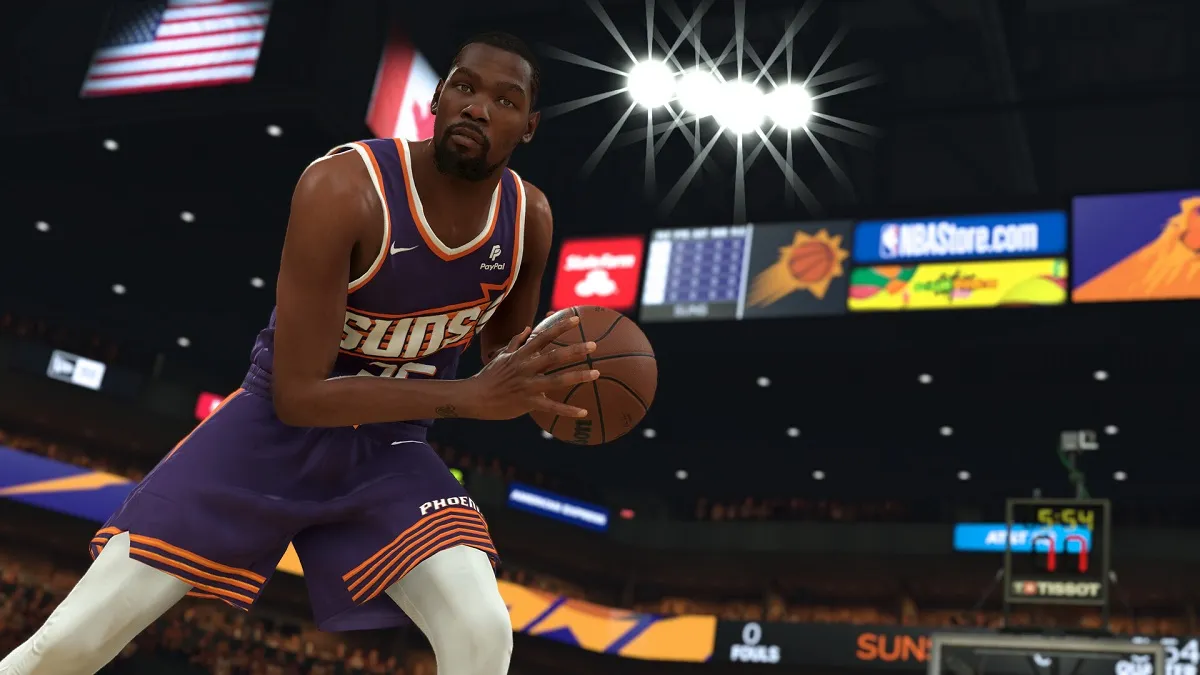
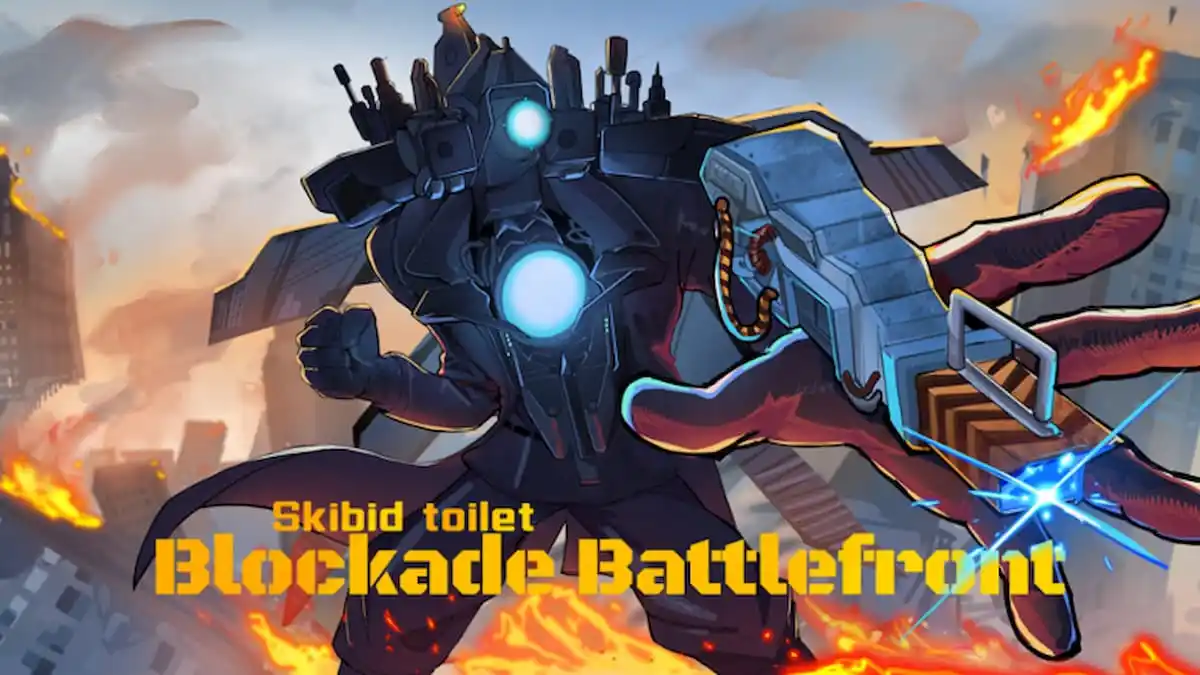

Published: Aug 19, 2015 05:03 pm